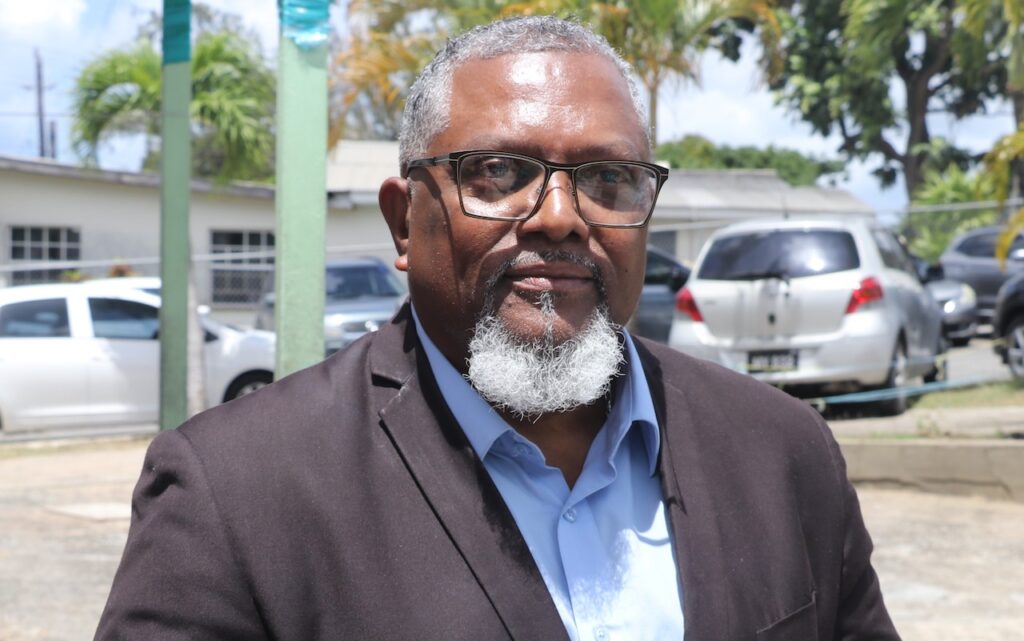The Barbados government is poised to unveil a critical announcement regarding the future of the sugar industry, as tensions among workers and unions reach a boiling point. This development follows the collapse of a major cooperative initiative and mounting pressure from labor groups demanding long-overdue benefits for employees. Minister of Agriculture Indar Weir hinted at an impending outline of the industry’s next phase, stating, ‘When I’m ready to speak to the public, I will, but I’m not going to pre-empt what I have to say by just giving snippets of what is yet to come.’ His remarks came during a visit to the Mount Gay Distillery in St Lucy on Wednesday. The Barbados Workers’ Union (BWU) has urgently called for clarity on the restructured sugar industry and the fulfillment of promises to workers, particularly those who labored in the cane fields. Union officials, including Deputy General Secretary Dwaine Paul, have emphasized that worker frustration has escalated to a critical level. The situation worsened after the collapse of the Co-op Energy arrangement with the government in August, which aimed to establish a cooperative framework for the industry and secure worker ownership stakes. The failed initiative, which began with a Memorandum of Understanding in March 2023, sought to transfer control of state-owned sugar assets to two new companies: ABC Ltd for farmland and BESCO (Barbados Energy and Sugar Company) for the Portvale mill. However, tensions arose when Co-op Energy, led by Lieutenant Colonel Trevor Browne, was accused of failing to provide the required $16.5 million in investment capital. Browne countered that financial disclosures were withheld by the Barbados Agricultural Management Company (BAMC) and the ministry, preventing the deal’s execution. Originally, the agreement promised workers a 45 per cent share in the restructured industry, but this was later reduced to 20 per cent. The partnership’s collapse has left over 1,100 workers and retirees without promised ownership, reigniting industry uncertainty and union demands for clarity and compensation.
